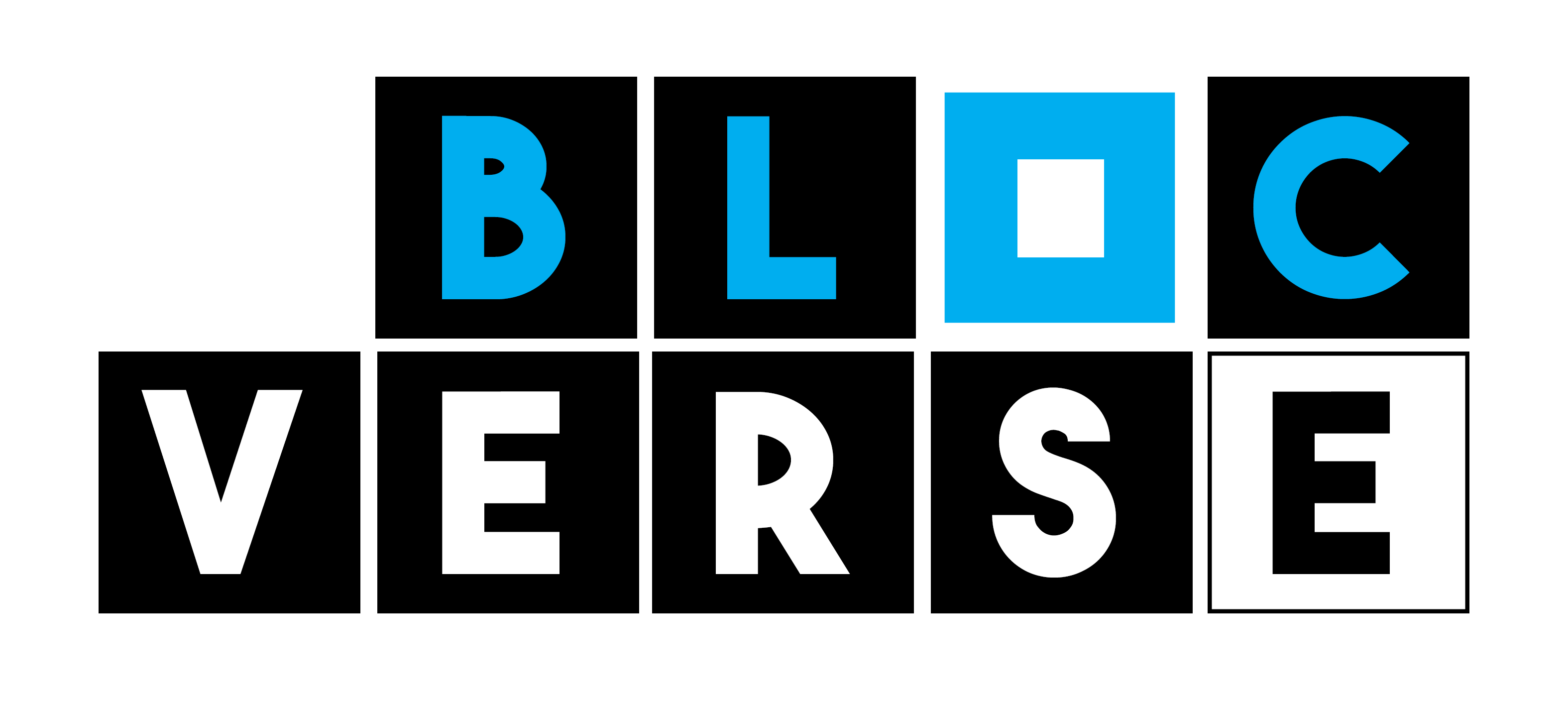INTRODUCTION
Blockchain technology has evolved far beyond its initial application in cryptocurrencies like Bitcoin. It has the potential to transform various industries and streamline processes, leading to the emergence of Blockchain as a Service (BaaS).
BaaS is a cloud-based solution that allows individuals and businesses to harness the power of blockchain without the complexities of building and managing their own blockchain networks.
In this article, we will explore the concept of BaaS, its applications, benefits, and potential impact on various sectors.
TABLE OF CONTENTS
UNDERSTANDING BLOCKCHAIN AS A SERVICE (BaaS)
The concept of Blockchain as a Service(Baas) originated from the blockchain technology itself. Here is a full guide to understanding the blockchain technology.
Blockchain as a Service, often abbreviated as BaaS, is a cloud-based offering that enables users to access and utilize blockchain technology without requiring extensive technical expertise or infrastructure setup.
Blockchain as a Service (BaaS) operates under the same principle as the Software as a Service (SaaS) model. It enables users to utilize cloud-based solutions to create, host, and manage their blockchain applications and associated functions.
BaaS providers manage the underlying blockchain infrastructure, allowing users to focus on developing and deploying blockchain-based applications, also known as decentralized applications (dApps).
Both consumers and businesses are increasingly open to embracing blockchain technology.
Nevertheless, the intricate technical processes and the managerial burden associated with establishing, configuring, and sustaining a blockchain and its underlying infrastructure frequently serve as impediments.
Blockchain as a Service (BaaS) solves these issues by allowing an external service provider to handle the entire setup of essential blockchain technology and infrastructure for a specified fee.
Once established, the service provider assumes responsibility for the intricate backend operations on behalf of the client.
Typically, the BaaS provider extends support in various aspects, including managing bandwidth, ensuring resource allocation meets requirements, hosting prerequisites, and implementing robust data security measures.
This approach liberates the client to concentrate on their primary objective: the seamless functionality of the blockchain.
KEY PLAYERS IN THE BLOCKCHAIN AS A SERVICE (BaaS) INDUSTRY
Within the broader blockchain landscape, BaaS plays a pivotal role in driving the adoption of blockchain technology among businesses.
Key players in the BaaS industry include:
Amazon
AWS offers specialized tools tailored to address your specific requirements, whether you require a centralized ledger database ensuring the immutability and cryptographic verifiability of transaction records or a fully managed, multi-party blockchain network to reduce intermediaries.
AWS enjoys the trust of a more extensive customer base for blockchain and ledger technology workloads than any other cloud provider, with up to 25% of Ethereum workloads running on its platform.
Notable enterprise clients utilizing Hyperledger Fabric on AWS include Nestle, Sony Music, BMW, Sage, Guardian, DTCC, Workday, Klarna Bank, SGX, Legal & General, and Splunk.
Paystand
Paystand is a company dedicated to streamlining business transaction management, reducing fees, digitizing the cash flow process, and cultivating a self-sufficient financial experience for enterprises.
Established in 2013 by Jeremy Almond and Scott Campbell, Paystand draws inspiration from early adopters who transitioned sales and marketing into the cloud, achieving incredible speed and efficiency. It proudly distinguishes itself as “The pioneer of an Ethereum-based hybrid blockchain tailored for B2B applications.”
Microsoft
Microsoft’s blockchain offering empowers developers to craft, launch, and oversee blockchain applications seamlessly within the Azure platform. This service encompasses many capabilities designed to simplify developing and deploying blockchain applications.
It includes pre-configured templates for widely-used blockchain frameworks, seamless integration with Azure services like Active Directory and Key Vault, and extensive support for multiple programming languages.
R3
In the year 2015, the R3 consortium introduced Corda Enterprise, a Blockchain as a Service (BaaS) platform. While it utilizes open-source technology, it’s important to note that Corda Enterprise is not open-source.
This platform is meticulously crafted for deployment in high-stakes settings, particularly within industries like banking that face stringent regulations.
It offers heightened security, scalability, and performance compared to Corda’s open-source iteration. Moreover, Corda Enterprise supports enterprise-grade functionalities, including identity management, compliance oversight, and audit capabilities.
KEY COMPONENTS OF BaaS
1. Blockchain Infrastructure: BaaS providers maintain and operate the blockchain network, ensuring its security, scalability, and availability.
2. Development Tools: BaaS platforms offer a range of development tools, including software development kits (SDKs), APIs, and smart contract templates, to simplify the creation of blockchain applications.
3. Security Features: BaaS solutions have built-in security measures, such as encryption, authentication, and access control, to protect users’ data and assets.
4. Scalability: BaaS platforms are designed to accommodate growing demands, making it easier for users to scale their applications as needed.
BLOCKCHAIN SERVICE AS A SERVICE WORKING MODEL
BaaS providers share similarities with web hosting services, allowing website creators to manage content on their personal computers.
They can also engage support staff or rely on external hosting providers like Amazon Web Services or HostGator, which handle infrastructure and maintenance.
BaaS could catalyze broader blockchain adoption across industries.
Regardless of size, businesses can outsource complex blockchain work, redirecting focus to core activities instead of creating and managing their blockchains.
The illustration below shows the functioning of Hyperledger Cello, a blockchain module toolkit similar to Blockchain-as-a-Service (BaaS) under the Hyperledger project.
APPLICATIONS OF BLOCKCHAIN AS A SERVICE (BaaS)
Blockchain as a Service has a wide range of applications across different industries:
1. Supply Chain Management: BaaS can be used to create transparent and traceable supply chains, reducing fraud and ensuring the authenticity of products.
2. Finance and Banking: BaaS can streamline cross-border payments, reduce transaction costs, and enhance security by leveraging blockchain’s immutable ledger.
3. Healthcare: BaaS can enhance patient data security and interoperability, enabling efficient sharing of medical records among healthcare providers.
4. Smart Contracts: BaaS platforms make developing and deploying smart contracts easier, which can automate and enforce agreements across various sectors, from legal to real estate.
5. Identity Verification: BaaS can be used for secure and verifiable identity management, reducing identity theft and fraud.
6. Logistics: Blockchain in logistics streamlines supply chains, automates tracking and payments with smart contracts, reduces costs, enhances transparency, and ensures goods’ authenticity.
7. Governance: Blockchain in government can enhance benefit program management, reduce fraud, automate payments with smart contracts, and improve land registry systems by boosting transparency and reducing corruption.
BENEFITS OF BLOCKCHAIN AS A SERVICE (BaaS)
1. Cost-Efficiency: BaaS eliminates the need for organizations to invest in expensive blockchain infrastructure, reducing capital expenditures.
2. Speed and Accessibility: Users can quickly deploy blockchain applications and access blockchain networks, speeding up the development process.
3. Security: BaaS providers implement robust security measures, making it difficult for malicious actors to compromise the blockchain network.
4. Scalability: BaaS platforms can scale to accommodate increased usage, ensuring that applications can handle growing user bases.
5. Reduced Technical Barriers: BaaS abstracts much of the technical complexity associated with blockchain, allowing developers with varying levels of expertise to create blockchain applications.
CHALLENGES AND CONSIDERATIONS
While BaaS offers numerous advantages, there are also challenges and considerations to be aware of:
1. Vendor Lock-In: Users may become dependent on a specific BaaS provider’s infrastructure and services, making switching to another provider or transitioning to a self-hosted blockchain difficult.
2. Privacy Concerns: The transparency of blockchain may not always align with the need for data privacy, especially in certain industries like healthcare and finance.
3. Regulatory Compliance: Blockchain is often unregulated, making compliance challenging. However, as it differentiates from cryptocurrency, regulations may evolve. It’s vital to adapt strategies based on regional regulations.
4. Security Risks: While BaaS platforms prioritize security, no system is entirely immune to vulnerabilities or cyberattacks. While considered more secure than traditional databases, blockchains are not impervious to risks.
Security concerns should be thoroughly evaluated before implementing blockchain technology. While blockchains resist brute force attacks, indirect methods like social engineering remain potential threats.
Like any cloud technology, best practices are essential to mitigate cybersecurity vulnerabilities.
5. Interoperability Challenges: Blockchain interoperability is challenging due to differing standards, but evolving technology will likely yield better solutions. Not all enterprises require interoperability for blockchain implementation.
CONCLUSION
Blockchain as a Service (BaaS) has the potential to democratize access to blockchain technology and drive innovation across various industries.
BaaS platforms empower businesses and individuals to harness the benefits of decentralization without the technical complexities by providing the tools, infrastructure, and security necessary for blockchain development.
As BaaS continues to evolve, it will be fascinating to see how it shapes the future of blockchain technology, paving the way for innovative applications and solutions that have the power to transform our world.


